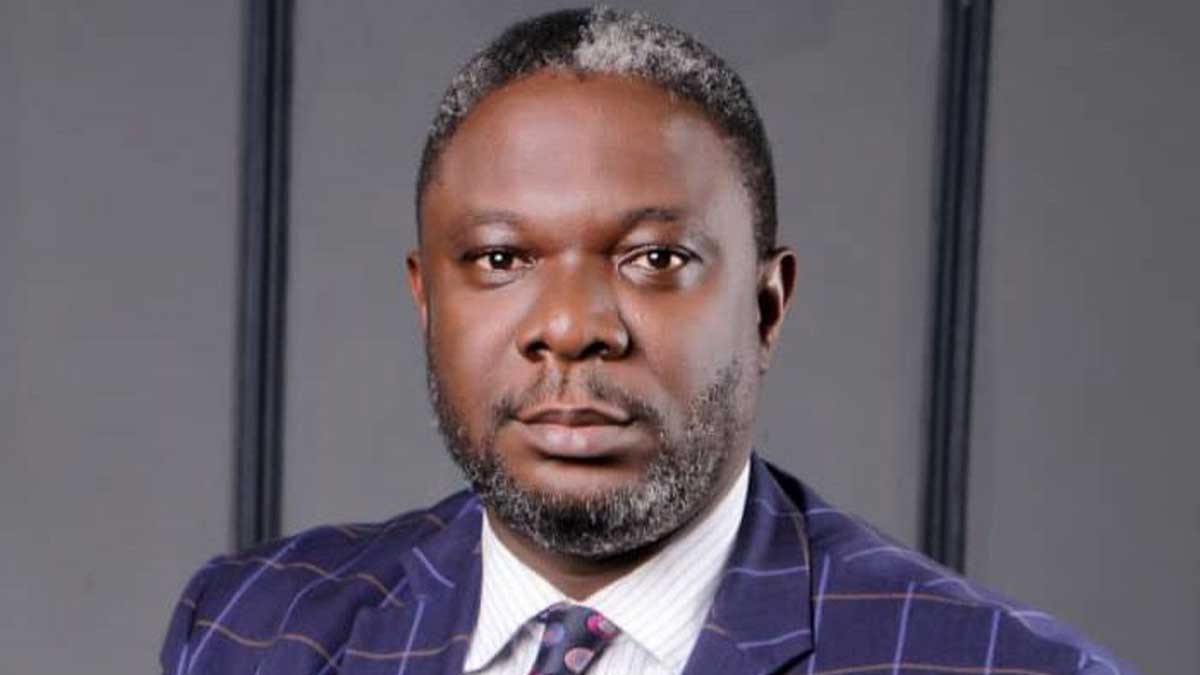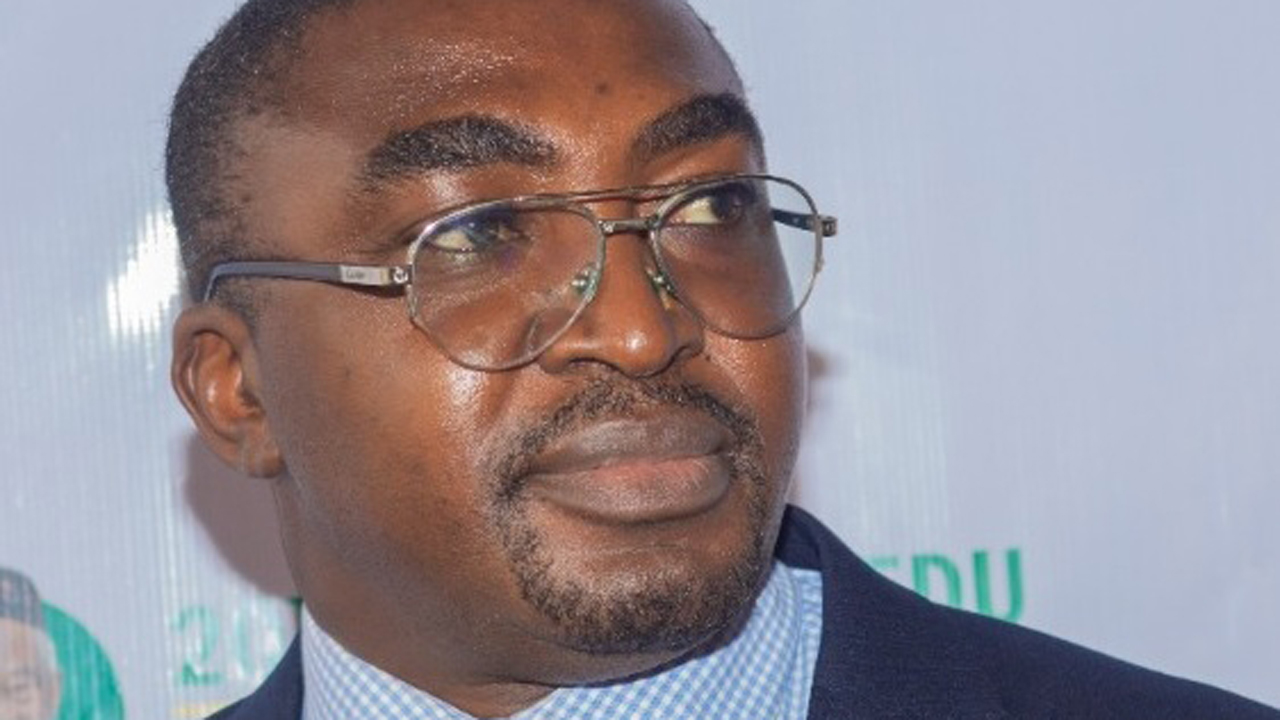
Former president, International Right of Way Association (IRWA) Chapter 84, Nigeria, Dr. Emmanuel Mark, has said the country needs about $150 billion yearly to bridge existing infrastructure gaps.
Mark, who doubles as the Head of Practice, Nuel Mark & Partners, an estate surveying and Valuation firm, also called for urgent intervention to address issues of Right of Way (ROW), land administration, valuation and compensation for infrastructural development projects.
He stated this at the 69th Educational Conference of the International Right of Way Association (IRWA) in Denver, Colorado, United States.
Mark who spoke on, ‘The Right of Way Milieu – Challenges to Infrastructure Development in Nigeria’, explained that as Nigeria continues to grow from a population of 45.1million in 1960 and to an estimated 221 million currently and a projected 400million by 2050, the nation needs to invest about $2.3trillion over the next 30 years to close its infrastructural deficit.
He observed that urban population has also increased with Lagos State’s previously seven million in 2020 now projected to be over 15 million, while Port Harcourt, the oil and gas capital of Nigeria with one million population in 2000, but now projected to be over 3.4 million.
He, however, observed that the major problem with infrastructural development is the acquisition of the Right of Way necessary for projects as the country has not been able to develop any fit-for-purpose land administration and mechanisms to meet challenges of compensation valuation as required.
According to him, the current Land Use Act needs to undergo urgent review and reforms. Mark emphasised that major challenges of RoW in Nigeria border on the manner of revocation or acquisition of land by the governors in state after notice or consultation.
“Revocation of Right of Occupancy implies the fact that landowners have occupancy rights that can be revoked, hence, should be duly acknowledged and compensated.
“Other challenges include issues of delayed payment as provided by the law. The Land Use Act did not establish a deadline for payment of compensation.
There is also the challenge of building structures along the ROW to receive compensation for land, which has created additional bottlenecks.”
Mark stated that there is a need to provide a simple guideline on how land and property can be compulsorily acquired by government and a clear definition of public purpose to allow for judicial review of the State Governor’s expropriated decision.
He said governments at state and federal levels, as well as housing developers need to conduct Environmental Impact Assessment (EIA) before takeover to deal with issues associated with project impact on land rights and management.
He argued that all enabling laws must be amended to make compensation payable not only for unexhausted improvements on land but only for the land itself as a store of value.
“The value of land must be considered and the required compensations should be paid before possession. I have always noted that ROW acquisition should not just be the power of the government to revoke and acquire, but the process by which that power is exercised.
“In this regard, members of IRWA, Chapter 84, Nigeria, and Nigerian Institution of Estate Surveyors and Valuers (NIESV), will continue to advocate a just process that will include consultation and negotiation in the acquisition process in Nigeria.”
He added: “Therefore, the process, in my opinion, must include consultations, negotiation, publicity (gazette and advert), valuation and submission of claims, payment of compensation and possession, including dispute resolution.”






